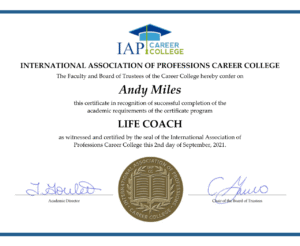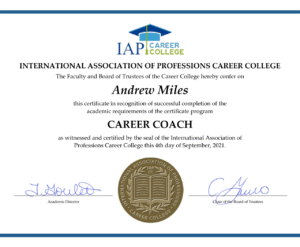About ProQuickly

Why we are different
In coaching and education, forward is better than backward if it promotes effective learning.
ProQuickly does not teach the 3Rs.
We believe:
Coaching and education must help people to proceed with objectivity, using evidence-based approaches.
Read on to learn more. Or read how to book.


Book
Are you ready? Book now!
What we believe: a true story
Once, a tweet from an enlightened teacher prompted me to respond on X, something I don’t do often. It all started with the teacher publishing guidelines for using ChatGPT on a course. This was followed by a plethora of responses from other teachers who feel this technology should be banned.
I was moved to respond as follows:
“The school of thought that you shouldn’t use tool or technique X is missing the point about the importance of learning. Learn (and therefore teach) to use the tools available now.”
If you don’t use modern tools, where do you draw the line? Paper and pencil were new and advanced technology once.
And then another tweet appeared, advocating that students should not be allowed to use computers in education. To which I replied:
“Pencil and paper? NO. Too advanced. Use two stones (as long as one is harder than the other).”
I also felt compelled to tweet this:
“The job of an educator is to teach students to think. The 3 Rs (read, remember, regurgitate) are a disservice to humanity. And in learning to think, don’t limit the available tools. In every other discipline.”
I am a tutor and coach with experience at the University level, and in many businesses, including my own, over four decades. I know that I still need to learn to remain a viable educator. And I know that means I need to work hard to ensure that I can help my students understand the latest state of their chosen subjects, the emerging state, and, of course, the associated history.
I hope I am a humble coach and educator. I believe in several things passionately: first, that if a student is not understanding the material in the course, it is my fault, not theirs. Secondly, I need feedback. It’s ok to hear that a student really likes a class. But it’s much better to hear that they didn’t, and why. Because then I can learn how to be a better educator.
After all, it’s my job to help students be successful. And to do that, I need to be open and approachable, not some prima donna who puts people down because they can’t understand the course material. Teachers who do the latter are not fulfilling their responsibilities.

In coaching, we must help our clients to achieve their objectives.
In education, we are looking to achieve certain academic standards. The teacher’s job is to help everyone who meets the entry criteria for the class to achieve these standards. And perhaps good teachers help people who don’t meet the entry criteria to reach a level of achievement where they can meet the entry criteria.
That is not to say, though, that all students will pass. Every student who achieves the documented standard will of course. But I have encountered some students, who no matter what is done to support them, will not be successful. And usually that means they have withdrawn from the learning process, despite an appropriate level of help from me. But this begs a question.
How do you assess the progress a student is making and therefore decide if they can successfully complete, or pass, the course?
This is only my opinion, and it may be controversial. However, assignments alone (or even at all) are not a reliable indicator of learning achievement. The problem is, I’m not yet sure what is better.
I would like to see smaller class sizes. I would like to see all educators being helpful and welcoming to questions from their students. I would like to see one-on-one interviewing as part of the pass / fail assessment process. And I want to see an end to read, remember, regurgitate teaching.
Of course, there are many outstanding teachers out there. I want to challenge all teachers to raise the bar, and focus on helping students to think, and understand.

